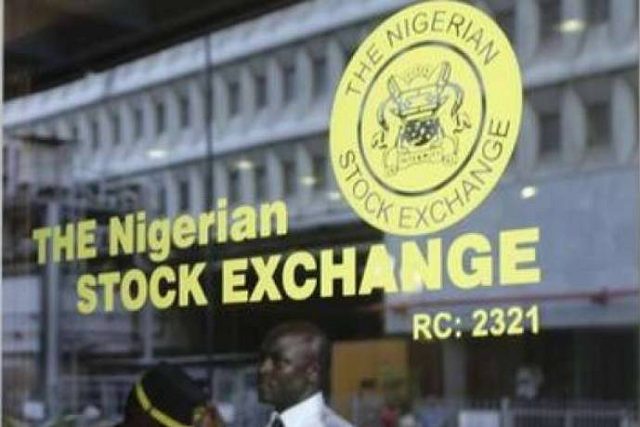The Nigerian stock market, which is part of the barometer used to gauge the health of a nation’s economy, has continued to decline following negative reactions by investors.
While the market suffered a decline of 4.6 per cent in the first half (H1) of 2019, it has recorded a decline of 6.8 per cent so far in the first month of the second half (H2) of the year.
For instance, the market capitalisation has shed N369 billion in the past five trading sessions due to the persistent selloffs by investors, who are worried by President Muhammadu Buhari’s delay to appoint ministers since his re-election and swearing-in on May 29, 2019.
But for the listing of MTN Nigeria Communications Plc and Airtel Africa Plc, which added over N3.8 trillion, the capitalisation of the equities market would have been below N10 trillion.
However, despite the boost received from MTNN and Airtel Africa Plc, the market continued to depress following lack of economic direction on the part of the government because those to drive the economy are yet to be unveiled.
The market hit its two-year low last week, the lowest since May 2017, declining over 12 per cent in the last five months since Buhari was declared the winner of the presidential election.
After a positive performance last Friday, the bears returned yesterday as trading opened for the week with the Nigerian Stock Exchange (NSE) All-Share Index shedding 0.40 per cent to close at 27,808.69. Market capitalisation dipped by N54 billion to close at N13.553 trillion.
Reacting to the bearish trend, an analyst at CSL Stockbrokers, Ayo Akinyele, said: “We are yet to see any major policy direction and foreign investors are not comfortable with that. We don’t have a new minister of finance and this is very critical to investors.”
According to him, the bearish sentiment will linger in the third quarter, potentially improving toward the end of the year.
He, however, said the improvement would depend on the formation of the cabinet by Buhari, on progress in implementing a new minimum wage and structural reforms.
Analysts at United Capital Plc said while market valuations were seemingly compelling, the outlook for the broader macroeconomic environment suggested otherwise.
According to them, gross domestic product growth is expected to remain muted or sluggish into 2020.
“In making a projection for market return for 2019 in our previous report, we established that a basis for a turnaround in the market from its bearish trend in 2018 after the election, would be the implementation of policy reforms and initiatives that would not only strengthen but hasten economic growth.
However, the victory of the incumbent president, in contrast to a more liberal opposition, suggests that policy outlook for the Nigerian economy may remain largely the same. Clearly, this may keep investors’ interest for equities soft amid expectation that growth will remain subdued by a weak policy framework and reluctance to execute bold policy reforms,” they said.
The analysts added that in H2, they are of the view that Nigeria’s short-term growth outlook will be dependent on certain factors, one of the major ones being policy uncertainties.
“Policy uncertainties will remain one of the biggest concerns for investors in H2-19. This position is buttressed by several factors. For instance, President Buhari is unlikely to form his cabinet until the end of Q3-19, if the experience from 2015 is anything to go by.
This is because nomination must come from the 36 States in the name of the “federal character” clause, then go through presidential consideration before a final screening by the Senate.
This is likely to slow investment planning as important decision in the strategic sectors of the economy as well as policy formulation across the sectors have to wait for the ministers to settle in,” they said.
Source: THISDAY











